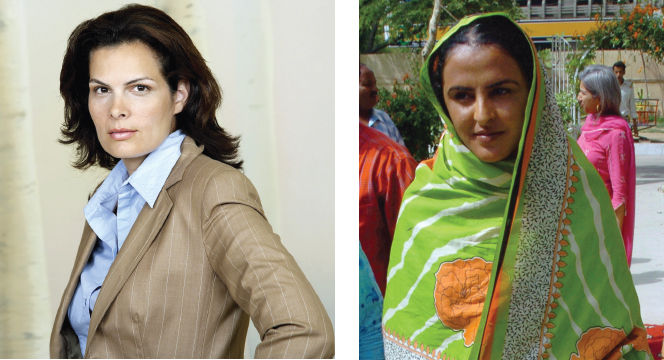Labeling
Feminist. The literal definition of the term is “a person who advocates equal social, political, and all other rights for women and men.” But who are these people who label themselves feminists? In our years of teaching undergraduates, we’ve heard plenty of students note that feminists are women who hate men and care only about professional success. But “there is no way to tell what a feminist ‘looks’ like. Feminists are young, old, women, men, feminine or masculine, and of varying ethnicities” (McClanahan, 2006, para. 5).

The federal government and organizations take derogatory labels that hurt and demean others quite seriously. Professional organizations typically provide employees with information regarding their harassment and sexual harassment policies, which are intended to protect employees from feeling threatened or attacked because of their race, religion, abilities, or other personal traits. We discuss this important issue in Chapter 11.
Feminists also hail from different religious backgrounds, causing some interesting discussions about the labels believers choose regarding their feminist viewpoints. When a group of Spanish Muslims approached city officials in Barcelona, Spain, about sponsoring a conference on Islamic feminism, one official responded with shock, noting that “Islamic feminism” must surely be a contradiction or an oxymoron (Nomani, 2005). Others have eschewed the feminist label entirely because of its connection to liberal politics. More recently, prominent conservative female politicians have donned the label “mama grizzly” to express the fierceness of pro-
What these examples reveal is that the labels we choose for our beliefs affect how we communicate them to others (and how others respond). As these examples show, when we place gender, ethnic, class, occupation, or role labels on others, we ignore their individual differences (Sarich & Miele, 2004) and thus limit or constrict our communication. So if you think all feminists are liberal, secular, career-